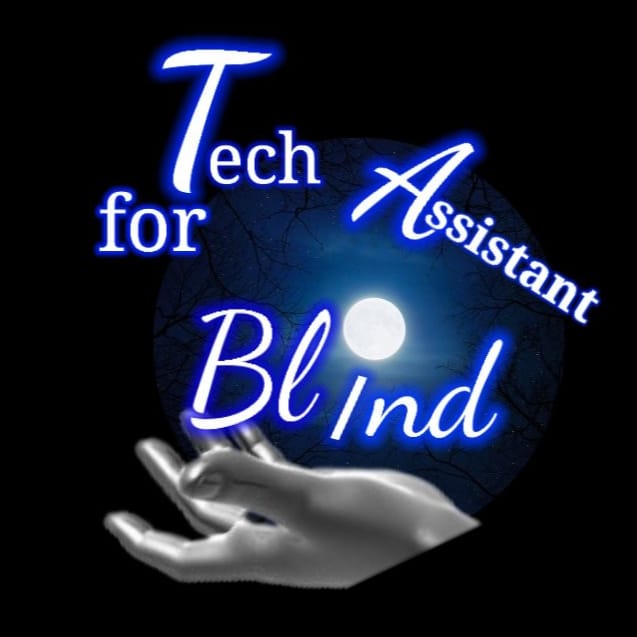Understanding Wearable Health Tech
Before delving into its impact, let’s first understand what wearable health tech entails. Wearable devices, typically worn on the body or integrated into clothing, are equipped with sensors and software designed to monitor various health metrics. These devices can track heart rate, sleep patterns, physical activity, and more, providing users with valuable insights into their overall health and well-being. With advancements in miniaturization and wireless connectivity, wearable health tech has become more accessible and user-friendly than ever before.
Promoting Accessibility
One of the most significant impacts of wearable health tech is its role in promoting accessibility to healthcare services. Traditionally, accessing medical monitoring and diagnostic tools required visits to healthcare facilities, which could be challenging for individuals with mobility issues, geographical constraints, or busy schedules. Wearable devices bring healthcare directly to the individual, allowing continuous monitoring and timely intervention without the need for frequent clinic visits. This accessibility empowers individuals to take proactive steps towards managing their health, regardless of their physical location or limitations.
Empowering Personal Wellness
Beyond accessibility, wearable health tech plays a crucial role in empowering personal wellness. By providing users with real-time data about their health metrics, these devices enable individuals to make informed decisions about their lifestyle choices and habits. Whether it’s tracking physical activity levels, monitoring sleep quality, or managing stress levels, wearable devices serve as constant companions on the journey towards better health. This empowerment fosters a sense of ownership over one’s well-being, motivating individuals to adopt healthier behaviors and habits for the long term.
Challenges and Considerations
Despite its potential, wearable health tech also poses several challenges and considerations. Privacy and data security are paramount concerns, as wearable devices collect sensitive health information that must be safeguarded against unauthorized access or misuse. Additionally, the accuracy and reliability of health data generated by wearable devices can vary, raising questions about their effectiveness as medical tools. Furthermore, disparities in access to technology and digital literacy may limit the reach of wearable health tech, particularly among underserved populations.
Future Possibilities
Looking ahead, the future of wearable health tech holds promise for even greater advancements in accessibility and wellness. Integration with artificial intelligence (AI) and machine learning algorithms can enhance the predictive capabilities of wearable devices, enabling early detection of health issues and personalized interventions. Moreover, collaborations between technology companies, healthcare providers, and regulatory bodies can drive innovation and ensure the ethical and responsible development of wearable health tech. With continued research and investment, wearable devices have the potential to revolutionize healthcare delivery and empower individuals to lead healthier, more fulfilling lives.
Conclusion
In conclusion, wearable health tech has emerged as a transformative force in promoting accessibility and wellness. By bringing healthcare directly to the individual and empowering personal health management, wearable devices have democratized access to essential health monitoring tools. While challenges remain, the future of wearable health tech is bright, with exciting possibilities for innovation and collaboration on the horizon. As we navigate this evolving landscape, let us harness the power of wearable health tech to improve accessibility, promote wellness, and shape a healthier future for all.

